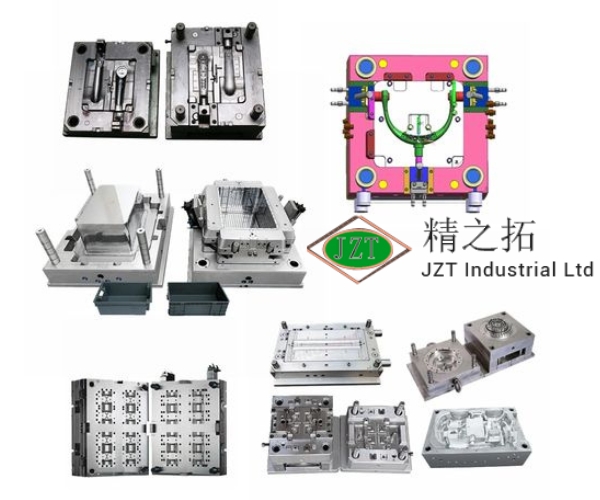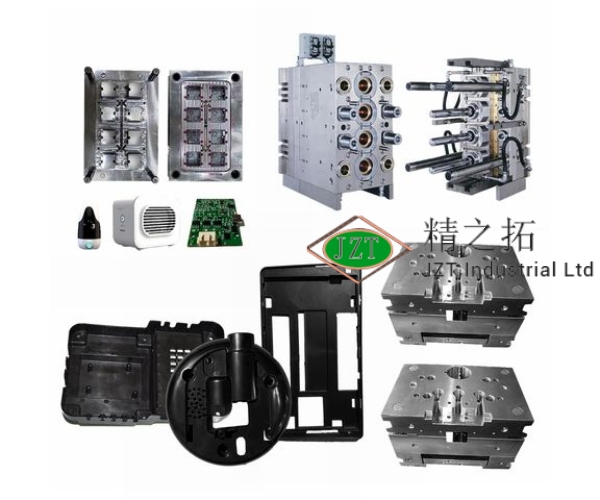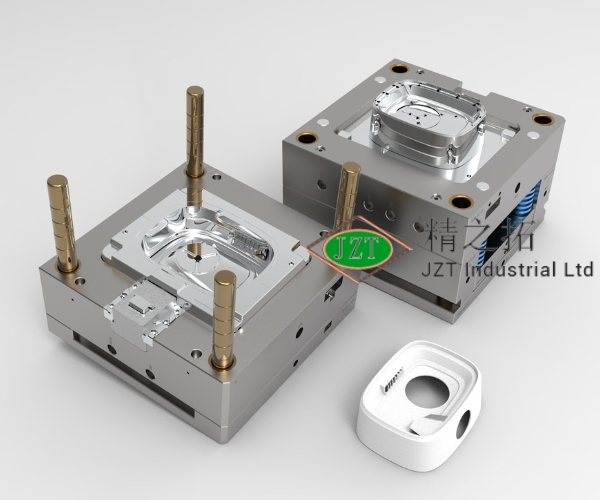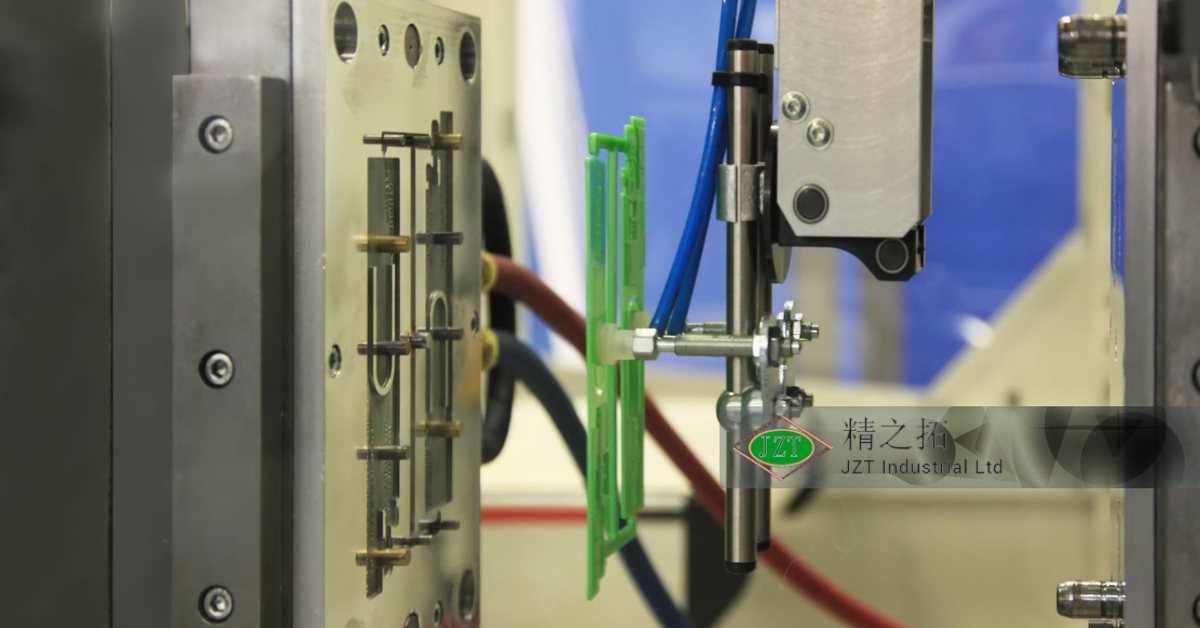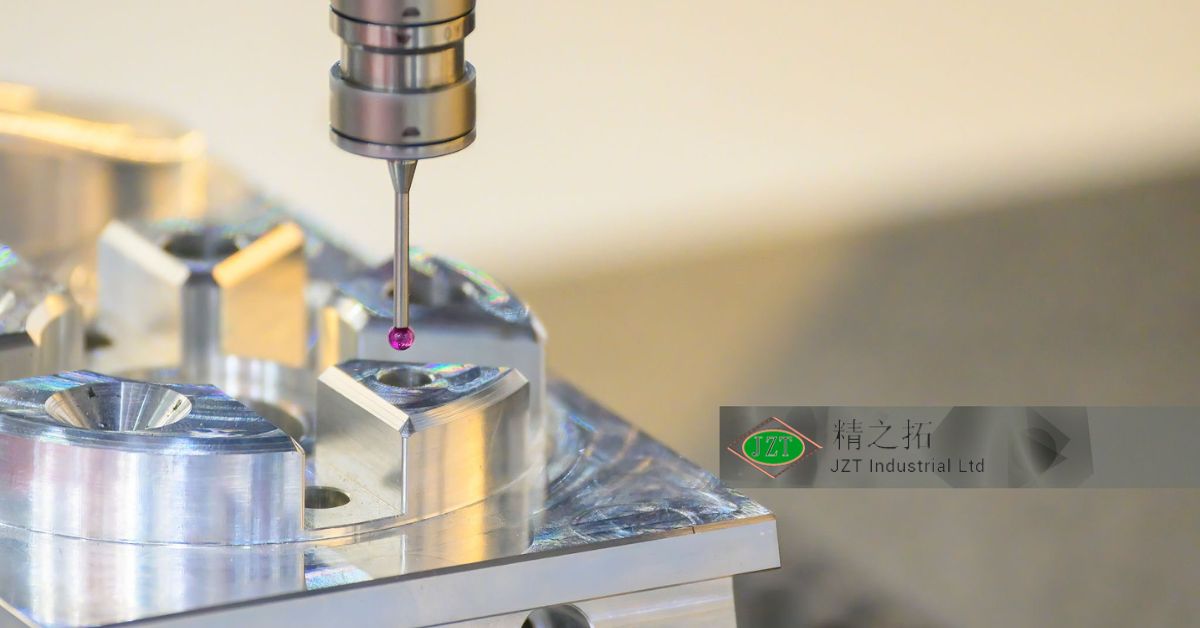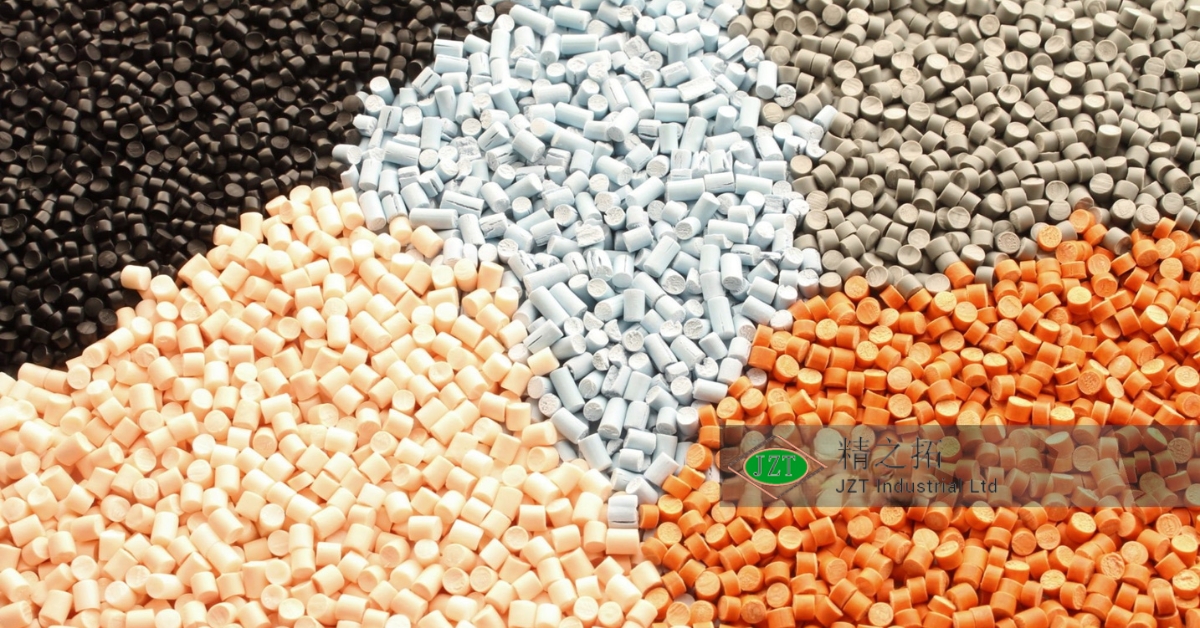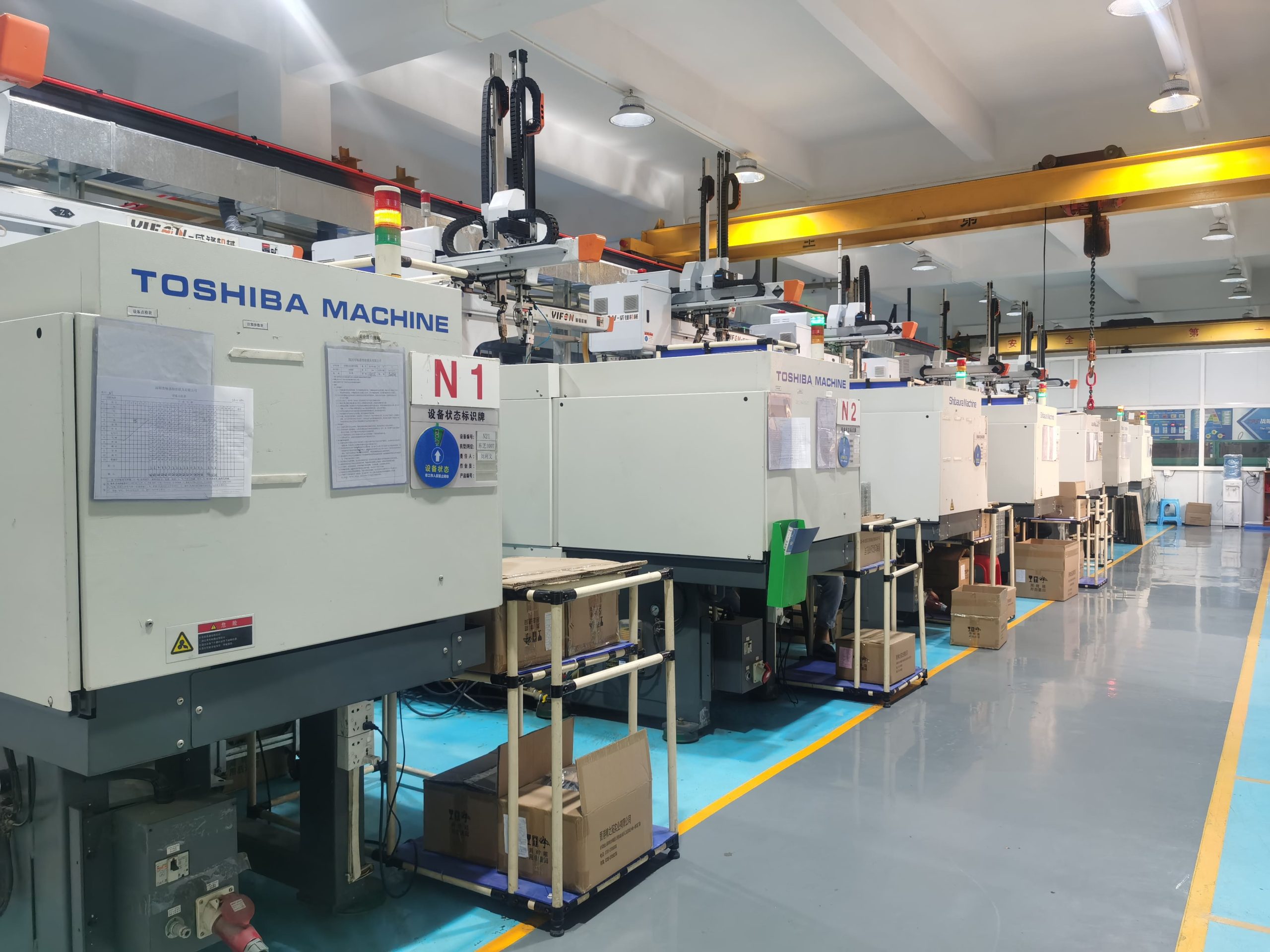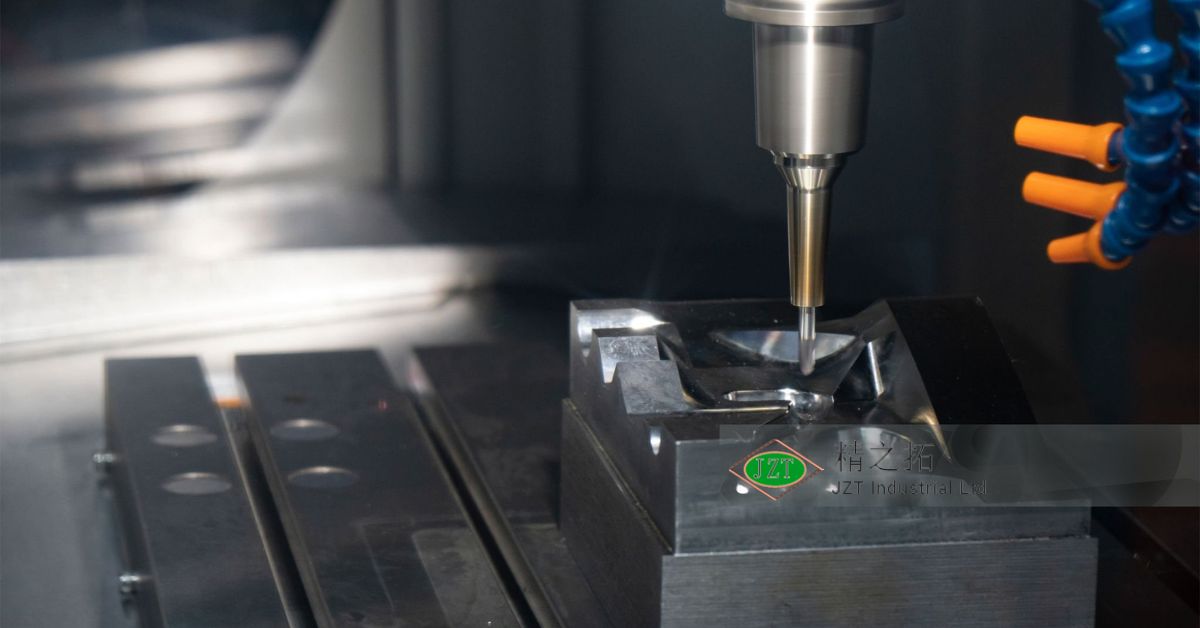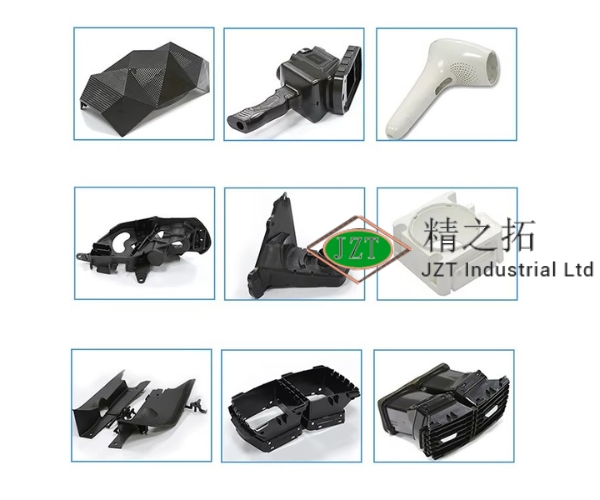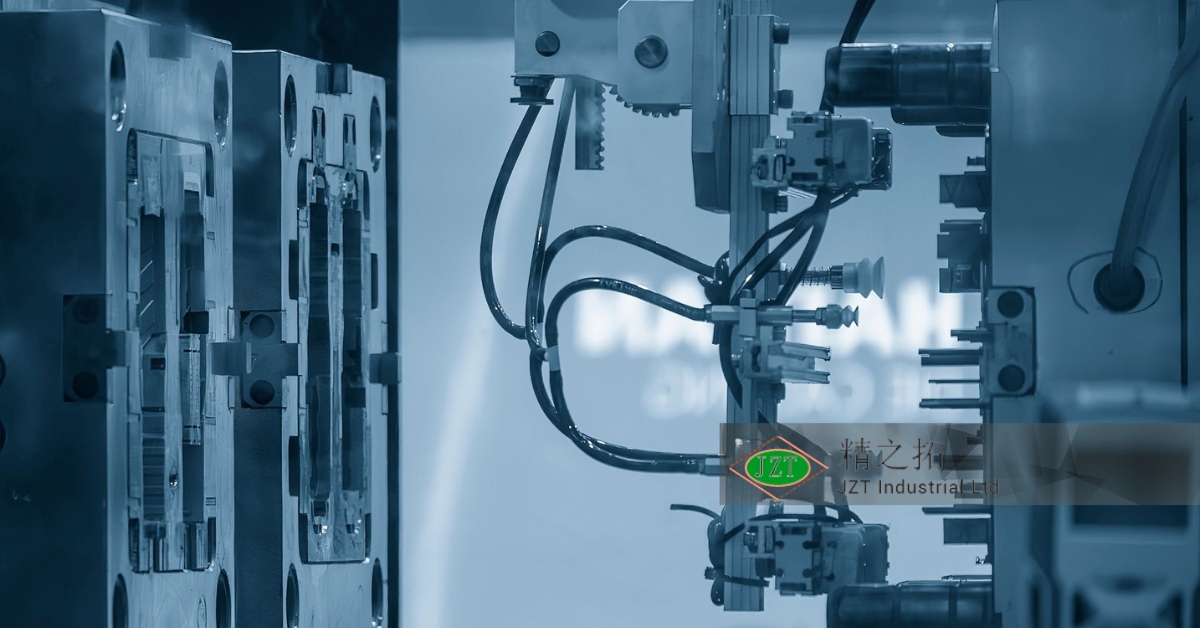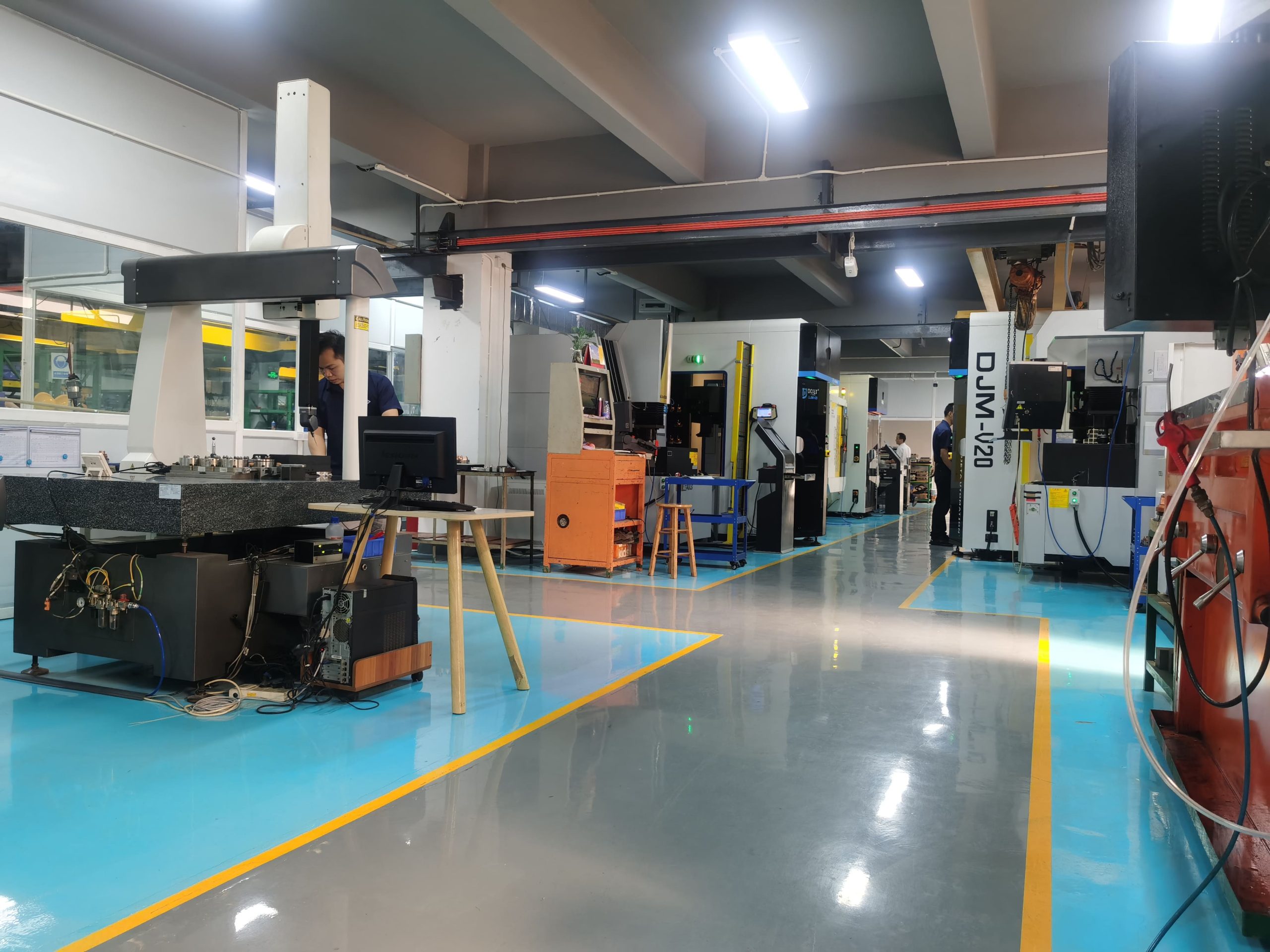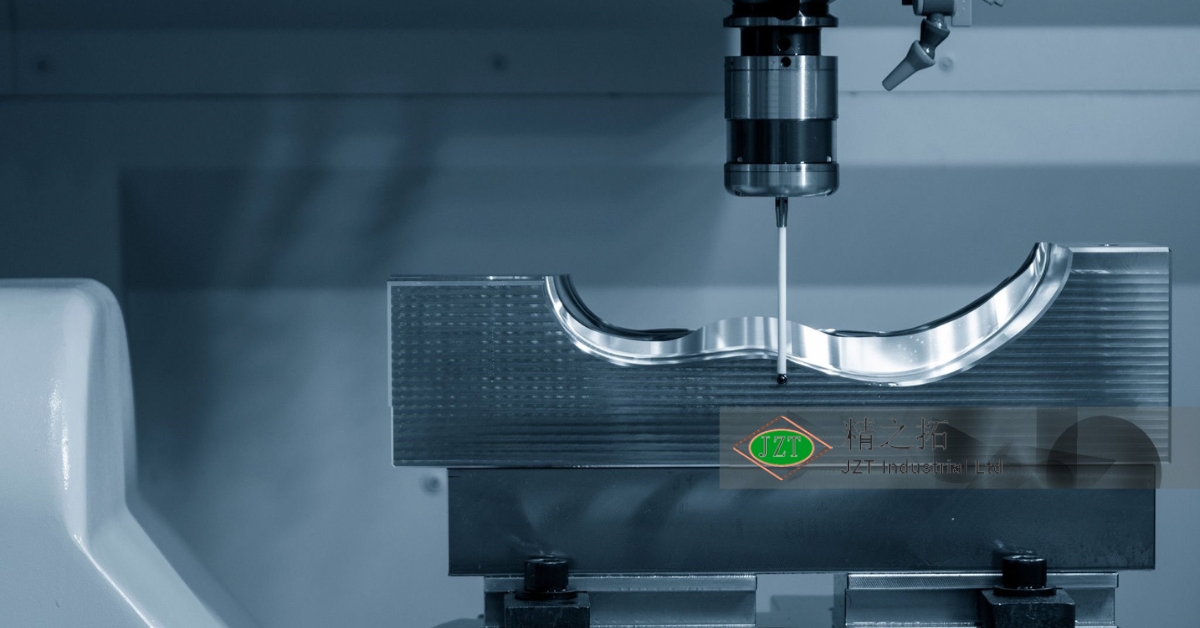Введение
China has established itself as a leading global supplier of пластиковые литьевые формы и пластиковые детали на заказ, serving industries across automotive, electronics, medical devices, and consumer goods. Its manufacturing capabilities, competitive pricing, and wide array of производители пластиковых деталей make China an attractive choice for international buyers. However, selecting the right plastic injection mold supplier in China is crucial for successful project outcomes, as the quality of molds directly impacts the performance, cost, and durability of the final product.
Choosing the right supplier involves careful assessment of the manufacturer’s capabilities, quality standards, communication skills, and commitment to meeting international standards. This guide will walk you through the essential steps and considerations when sourcing injection mold suppliers in China, providing insights on how to evaluate options and build a long-lasting, productive relationship with a trusted supplier.
Understanding China’s Plastic Injection Mold Industry
The литье пластмасс под давлением industry in China is one of the largest in the world, with manufacturers ranging from small-scale operations to large, automated facilities. China’s vast production ecosystem enables manufacturers to scale production quickly, access a broad selection of materials, and leverage state-of-the-art technology, all at a fraction of the cost seen in other countries. Over recent decades, China has heavily invested in quality control and automation, narrowing the quality gap between domestic and global standards.
Scale and Capabilities of Chinese Manufacturers
China’s пластиковая литьевая форма industry offers an impressive scale, with suppliers able to handle orders ranging from small production runs to high-volume manufacturing. Some suppliers focus on specific sectors, such as automotive or medical, which have unique regulatory and quality demands. Others operate as generalists, catering to diverse industries with flexible production capabilities. This versatility allows buyers to find manufacturers that precisely match their project’s scale and requirements.
Advancements in Technology and Quality Control
Chinese manufacturers have adopted advanced technologies such as CNC machining, automated inspection, and литье под давлением machines equipped with robotic arms. Many suppliers utilize mold flow analysis and simulation software, which enhances precision and reduces the risk of defects, making them more competitive in global markets. Additionally, many manufacturers hold certifications like ISO 9001, IATF 16949, and ISO 13485, which indicate adherence to rigorous quality control practices.
Benefits of Working with Chinese Suppliers
For international buyers, the cost-effectiveness of производство пластиковых деталей in China remains one of the main benefits. Low labor costs, extensive supply chains, and access to materials help reduce costs, making it possible to achieve high-quality outcomes at competitive prices. Chinese suppliers also offer flexibility, with the ability to adjust production volumes based on demand, making them ideal partners for companies with varying production needs. Furthermore, the experience many Chinese suppliers have with international standards enables smoother compliance with global regulations and industry certifications.
Defining Your Project Requirements
Before reaching out to potential plastic injection mold suppliers in China, it is essential to have a clear understanding of your project requirements. This helps streamline the supplier selection process, ensures accurate quotations, and sets realistic expectations for both you and the supplier. Well-defined project specifications minimize the likelihood of delays, misunderstandings, and additional costs.
Clarity on Product Specifications
Begin by detailing the technical requirements of your пластиковые детали на заказ. This includes dimensions, material specifications, color, surface finish, and tolerance levels. Complex parts may require unique design elements, like multi-material molding or specific insert placements, that should be communicated early. Clearly defined specifications allow potential suppliers to evaluate whether they have the necessary capabilities to fulfill your project needs, ensuring that you only receive proposals from those who can meet your requirements.
Production Volume and Lead Time Expectations
Production volume significantly impacts the type of supplier you should choose. For low to medium volumes, smaller factories might offer more flexibility and lower costs. For high-volume production, larger facilities with automated systems can deliver economies of scale and meet tight deadlines. Equally important is specifying your lead time expectations, including time frames for prototype samples and full-scale production. Suppliers with the right capacity and scheduling flexibility will be better able to meet your deadlines.
Special Requirements
Some projects have specialized requirements, such as multi-cavity molds, overmolding, or compliance with regulatory standards like FDA or ISO certifications. Identify these needs upfront. For instance, automotive parts may need to adhere to IATF 16949 standards, while medical devices might require ISO 13485 certification. Specifying these requirements early on allows you to select a производитель пластиковых деталей experienced in producing components that meet industry-specific regulations.
Budget Considerations
Define a realistic budget that aligns with the complexity, material, and production volume of your parts. Remember, cost shouldn’t be the sole determinant. Instead, focus on finding a balance between price, quality, and reliability. A slightly higher initial cost can be justified by long-term quality and reduced defect rates, which ultimately save time and resources.
Researching and Shortlisting Potential Suppliers
Once you have a clear understanding of your project needs, it’s time to start identifying potential suppliers. With thousands of plastic injection mold suppliers in China, narrowing down the list to a few reliable options can be challenging. By using reliable resources and applying selection criteria, you can create a manageable shortlist of suppliers likely to meet your requirements.
Where to Find Reliable Suppliers
Several online platforms, such as Alibaba, Made-in-China, and Global Sources, feature extensive directories of manufacturers. These platforms allow buyers to filter results by certification, capabilities, and customer reviews, providing a convenient way to discover new suppliers. Additionally, industry trade shows like the China International Plastics and Rubber Industry Exhibition (CHINAPLAS) showcase manufacturers, providing an excellent opportunity to meet suppliers and assess their capabilities firsthand. Recommendations from industry peers or existing business networks can also offer valuable insights and direct referrals to reputable suppliers.
Key Criteria for Shortlisting Suppliers
When shortlisting suppliers, consider criteria beyond cost. Prioritize companies with experience in your industry, as they will better understand specific requirements, quality expectations, and regulatory standards. Evaluate production capacity to ensure they can handle your project scale, whether it’s a small run or mass production. Also, check their reputation, which can be assessed by online reviews, client references, and the supplier’s track record.
Requesting Supplier Portfolios
A portfolio of previous projects provides insight into a supplier’s capabilities, quality standards, and specialization. For example, if a supplier frequently works with medical devices or automotive parts, they may be better suited to handle projects with high precision or strict tolerances. Reviewing a portfolio helps verify the supplier’s expertise in пластиковые детали на заказ similar to your project and allows you to assess their reliability and consistency.
Evaluating Supplier Capabilities and Expertise
An in-depth evaluation of the supplier’s capabilities is essential to ensure they can meet your technical, quality, and production requirements. An effective supplier not only has advanced machinery and expertise but also implements rigorous quality control processes.
Technical Capabilities and Equipment
Evaluate the supplier’s technical capabilities, including the type of machines they use for пластиковые литьевые формы. High-quality CNC machines, automated injection molding equipment, and advanced tooling technology allow for better precision, faster production, and higher consistency. Look for suppliers with equipment that suits the specifications of your project, especially if it involves complex designs or multi-material molds. Automated equipment often means faster production times and reduced risk of human error, making it ideal for large orders with tight deadlines.
Quality Control Processes
Quality control is crucial for ensuring that parts meet specifications and are free from defects. Reliable suppliers implement quality control at each stage of production, from initial mold creation to final product inspection. Check for certifications such as ISO 9001, IATF 16949 (automotive quality), or ISO 13485 (medical devices), as these standards indicate a commitment to rigorous quality control. Understanding a supplier’s quality assurance processes and tools can help you select a partner with consistent quality management practices.
Design and Engineering Support
A supplier with an in-house design and engineering team can be a valuable asset, particularly if your project requires design modifications or complex geometries. Some suppliers offer mold flow analysis and simulation, allowing them to identify potential issues before production begins. This can prevent costly adjustments down the line. If you require engineering support, verify that the supplier has experienced engineers and design experts who can assist with mold optimization and ensure manufacturability.
Experience with Exporting and International Standards
Working with a supplier experienced in international trade is essential for a smooth import process. Suppliers who regularly export to countries like the USA, Canada, or Germany will have a better understanding of compliance with export regulations, import documentation, and packaging requirements. This experience minimizes the risk of delays, reduces customs issues, and ensures your parts meet the necessary quality standards for your market.
Requesting and Reviewing Quotations
Once you’ve narrowed down your list of potential suppliers, the next step is to request and review detailed quotations. This stage is critical for understanding cost structures and ensuring there are no hidden fees or misunderstandings regarding project requirements.
Details to Request in Quotations
When requesting a quote, ask for a comprehensive breakdown of costs, including tooling, per-part costs, and any additional fees such as setup, sample creation, or mold maintenance. It’s also important to clarify lead times for both prototype samples and full production, as well as payment terms and options. Transparent pricing and clear timelines allow for better comparison between suppliers and prevent surprises down the line.
Comparing Costs Without Compromising Quality
Price is an important consideration, but it shouldn’t be the only factor when choosing a supplier. Suppliers with significantly lower prices may cut corners on materials or quality control, leading to issues like part defects or inconsistent tolerances. Instead of opting for the cheapest option, focus on suppliers who provide the best value in terms of quality, reliability, and service.
Understanding Tooling and Mold Maintenance Costs
The cost of tooling is a significant portion of the overall project budget, and it’s important to understand long-term mold maintenance requirements. Some suppliers offer mold maintenance as part of their service, which can include mold cleaning, minor repairs, and storage. Understanding these costs helps you assess the true cost of production and allows you to plan for mold longevity, especially for projects requiring high volumes or repeat orders.
Clarifying Terms of Ownership
Ownership of the mold is a crucial point that should be clarified early. Some suppliers retain ownership of the mold, while others transfer ownership to the buyer once payment is complete. If you want to maintain control over the mold or use it with other suppliers in the future, ensure that the terms of ownership are clearly stated in the contract.
Assessing Communication and Responsiveness
Effective communication is vital when working with international suppliers. Language barriers, time zone differences, and cultural nuances can complicate communication, so choosing a supplier who prioritizes responsiveness and transparency is essential for smooth project management.
Importance of Clear Communication
Clear and proactive communication reduces the risk of misunderstandings and keeps the project on track. Evaluate how quickly and effectively the supplier responds to questions and whether they offer dedicated account managers for regular updates. Open communication helps build trust and ensures that both parties have a shared understanding of project expectations.
Evaluating Communication Channels
Suppliers should offer multiple communication channels, such as email, phone, and instant messaging platforms like WhatsApp or WeChat. Suppliers who are willing to schedule regular video calls and provide progress updates demonstrate a commitment to transparency. Good communication practices also help with quicker problem resolution, as issues can be addressed before they escalate.
Language and Cultural Considerations
Language proficiency, particularly in English, is crucial for international business. Some suppliers employ bilingual staff or account managers to facilitate communication. Additionally, being mindful of cultural differences can help establish a positive working relationship. For instance, understanding Chinese business etiquette, such as respecting hierarchy and relationship-building, can foster mutual respect.
Setting Clear Expectations for Updates and Reports
Agreeing on a schedule for project updates and progress reports keeps everyone aligned on timelines and milestones. Regular updates allow you to monitor progress, address any concerns promptly, and ensure that quality standards are consistently met.
Conducting Supplier Audits and On-Site Visits
A supplier audit or on-site visit provides valuable insights into the supplier’s operations, equipment, and quality control practices. This step can confirm the supplier’s claims and give you confidence in their ability to meet your standards.
Benefits of On-Site Audits
An on-site audit helps verify the supplier’s facilities, capabilities, and organization firsthand. By observing production workflows, equipment quality, and cleanliness, you gain a clearer picture of how your parts will be produced. Audits can also reveal hidden issues, such as outdated machinery or substandard work environments.
What to Look for During a Visit
When visiting a facility, assess the organization of the production floor, cleanliness, and equipment condition. Look for signs of quality control, such as dedicated inspection stations or automated testing machines. Evaluate the facility’s workflow efficiency and whether it aligns with the production volume and quality you require.
Virtual Audits as an Alternative
For buyers unable to visit in person, virtual audits can serve as a viable alternative. Many suppliers offer virtual tours via video calls, allowing you to observe the production process remotely. Although not as comprehensive as an in-person audit, virtual audits provide a helpful way to verify a supplier’s claims when travel isn’t feasible.
Third-Party Inspection Services
Third-party inspection agencies can conduct detailed audits on your behalf, verifying production standards, equipment quality, and compliance with safety and environmental regulations. This is particularly useful for companies unfamiliar with the local market or suppliers, as third-party inspectors offer an unbiased evaluation.
Understanding Quality Control and Assurance Measures
Quality control is a cornerstone of any successful manufacturing process, especially when producing пластиковые детали на заказ that meet stringent specifications. When evaluating a plastic injection mold supplier in China, it’s essential to understand their quality control procedures, certifications, and inspection processes to ensure consistent and reliable production outcomes.
Supplier’s Quality Control Procedures
A reputable supplier should have structured quality control procedures in place, covering each stage of production—from raw materials to finished products. These procedures often include in-line inspections during production, as well as post-production testing to catch defects before shipping. Quality control might also involve automated inspection tools, such as optical or laser scanners, for parts requiring tight tolerances. Ask suppliers about their specific procedures to verify that they prioritize quality at every stage.
Key Certifications to Look For
Certifications provide insight into the supplier’s commitment to maintaining high standards. Look for globally recognized certifications such as:
- ИСО 9001: The general standard for quality management systems, covering consistent production practices.
- ИАТФ 16949: A specialized standard for automotive suppliers, emphasizing defect prevention and consistent quality.
- ИСО 13485: Required for suppliers in the medical device industry, focusing on regulatory compliance and risk management.
These certifications not only indicate quality but also show that the supplier is familiar with industry-specific requirements, which can be crucial for international buyers in regulated industries.
Sample Inspection and Approval Process
A thorough sample inspection and approval process allows you to confirm that the initial parts meet your requirements before full-scale production begins. Many suppliers offer samples for buyer approval, allowing you to inspect the part for defects, material compatibility, and dimensional accuracy. Establish clear criteria for sample approval to avoid misunderstandings, and work with the supplier to address any issues identified before moving to mass production.
In-Process and Post-Production Quality Checks
Quality checks during and after production are essential for ensuring consistency. In-process quality checks catch defects in real-time, enabling corrections before more parts are produced. Post-production quality checks, on the other hand, inspect batches of finished parts to ensure they meet final specifications. Confirm that the supplier follows both types of quality checks to maintain high standards and reduce the likelihood of defects in delivered parts.
Evaluating Supplier Compliance with International Standards
Ensuring that a supplier complies with international standards is vital for seamless export and regulatory compliance in your home country. Many industries, such as medical, automotive, and electronics, have stringent regulatory requirements for пластиковые литьевые формы and parts, making it crucial to work with a supplier who understands these standards.
Understanding Relevant Standards for Your Industry
Each industry has specific standards that suppliers must follow. For instance:
- RoHS and REACH Compliance: These regulations restrict hazardous materials, particularly for electronics and consumer goods.
- FDA Approval: Required for plastic parts used in food or medical applications in the United States.
- CE Marking: Indicates compliance with European safety, health, and environmental protection standards.
Discuss these standards with the supplier to confirm that they are familiar with the requirements and able to produce parts that meet industry regulations.
Supplier’s Compliance with Export Regulations
For a smooth import process, choose a supplier experienced with export regulations and documentation. A knowledgeable supplier will handle necessary documentation, including certificates of origin, material safety data sheets, and compliance declarations. Their familiarity with customs requirements can prevent delays and ensure that your parts arrive on time.
Sustainability and Ethical Manufacturing
Sustainability is becoming increasingly important for companies worldwide, and buyers are often interested in suppliers who follow ethical manufacturing practices. Many suppliers adhere to ISO 14001 for environmental management, indicating their commitment to sustainable practices. In addition to environmental standards, ethical manufacturing practices may include fair labor policies and energy-efficient processes.
Reviewing Payment Terms, Contracts, and Ownership Agreements
A solid contract that clearly outlines payment terms, ownership rights, and responsibilities protects both parties and ensures a smooth working relationship with your Chinese supplier.
Understanding Payment Terms and Milestones
Typical payment structures in the injection molding industry involve a down payment at the start of the project, milestone payments upon completion of certain phases, and a final balance upon delivery. Payment methods include wire transfers and letters of credit, both of which are secure options for international transactions. Clarify these terms to avoid misunderstandings and ensure both parties are aligned on financial expectations.
Clarifying Contract Terms
The contract should include key terms such as delivery timelines, quality standards, and penalty clauses for late deliveries or substandard products. Establish clear roles and responsibilities for each party to define accountability, particularly in case of defects or delays. Penalty clauses incentivize timely and high-quality production, which is especially important in projects with tight timelines or strict quality requirements.
Ownership of the Mold
Ownership of the mold is a critical point to clarify, as it determines who retains rights to the tooling. In many cases, the buyer owns the mold after payment completion, allowing them to move it to a different supplier if needed. Ensure that the contract explicitly states mold ownership terms, especially if you plan to retain control over the mold for future projects.
Ensuring Effective Logistics and Shipping Arrangements
Once production is complete, efficient logistics and shipping arrangements ensure that your parts arrive on schedule and in excellent condition. Choosing a supplier experienced in international shipping can save time, reduce costs, and prevent complications.
Shipping Options and Lead Times
Shipping from China typically involves either sea or air freight. Sea freight is cost-effective for large, non-urgent orders, while air freight is faster but more expensive. Discuss lead times with the supplier to determine which shipping method best meets your timeline and budget. Be sure to confirm that the supplier can provide realistic shipping estimates for both methods.
Handling Customs and Import Documentation
Customs and import documentation can be complex, particularly for regulated products. An experienced supplier will be familiar with export documentation, such as commercial invoices, packing lists, and certificates of origin. For complex shipments, consider working with a customs broker to facilitate the import process and ensure compliance with local regulations.
Incoterms and Responsibilities
Incoterms, such as FOB (Free on Board), CIF (Cost, Insurance, and Freight), and DDP (Delivered Duty Paid), specify who is responsible for various shipping costs, risks, and logistics. Confirm the Incoterms with your supplier to clearly define responsibilities and avoid unexpected fees. For example, DDP terms mean that the supplier handles all logistics, customs, and import duties, while FOB places more responsibility on the buyer.
Inventory and Storage Options
For high-volume or ongoing orders, discuss inventory and storage options with the supplier. Some suppliers offer warehousing services in China, which can be useful for managing inventory and fulfilling smaller shipments on demand. Warehousing allows for faster delivery times and reduces the need for large storage facilities on your end.
Building a Long-Term Partnership with Your Supplier
Establishing a long-term relationship with your plastic injection mold supplier in China can lead to numerous benefits, including cost savings, better service, and preferential treatment for urgent orders. Suppliers who understand your business and quality standards are more likely to meet expectations consistently.
Establishing Trust and Building Rapport
Building rapport with your supplier fosters mutual respect and trust, which are crucial for long-term success. Regular communication, transparent feedback, and acknowledgment of good performance strengthen the relationship. Positive interactions can lead to better terms, quicker response times, and priority service during high-demand periods.
Regular Performance Reviews
Regular performance reviews help maintain high standards and address any issues before they escalate. By assessing key areas like quality, communication, and delivery times, you can provide constructive feedback to the supplier. This continuous feedback loop ensures that the supplier remains aligned with your expectations and is committed to ongoing improvement.
Managing Future Orders and Scaling Up Production
Discuss future order capabilities and scalability with your supplier. As your business grows, you may need to increase production volumes or introduce new products. Suppliers with scalability options can handle fluctuating demands, making them valuable partners for long-term growth. Confirm that the supplier has the capacity and resources to expand production as needed.
Handling Issues and Dispute Resolution
No relationship is without challenges, and having a clear plan for resolving disputes can make all the difference. In case of quality issues, shipping delays, or misunderstandings, approach the supplier professionally and communicate clearly. Establish a protocol for issue resolution, and consider including dispute resolution clauses in your contract. Taking a collaborative approach often leads to solutions that benefit both parties.
Заключение
Выбор правильного plastic injection mold supplier in China is a crucial decision that impacts the quality, efficiency, and cost-effectiveness of your manufacturing projects. By carefully defining project requirements, thoroughly evaluating potential suppliers, and establishing clear contracts and communication, international buyers can secure reliable partnerships that deliver consistent, high-quality results.
Working with a reputable supplier can lead to significant benefits, from cost savings and high-quality production to flexibility and scalability. The time invested in due diligence is well worth the payoff, as it sets the foundation for a successful, long-term partnership that supports your business’s growth and reputation in the market.
Часто задаваемые вопросы
What is the average lead time for injection mold production in China?
Lead time for injection mold production in China varies based on the mold’s complexity and the supplier’s capacity. On average, it can take anywhere from 4 to 10 weeks from design to completion.
What certifications should a plastic injection mold supplier in China have?
Certifications like ISO 9001, IATF 16949 (for automotive), and ISO 13485 (for medical devices) indicate adherence to quality standards. These certifications are valuable for ensuring consistent production quality.
How can I verify the quality of an injection mold supplier’s products?
Verifying quality can involve requesting sample inspections, reviewing past client references, conducting on-site audits, or using third-party inspection services to ensure the supplier meets your standards.
What are the typical payment terms with Chinese mold suppliers?
Payment terms usually include a down payment upon contract signing, milestone payments, and a final balance upon project completion. Wire transfers and letters of credit are common payment methods.
How do I handle quality issues with an overseas injection mold supplier?
Handling quality issues starts with clear communication and documentation of specifications. If quality issues arise, addressing them early through established protocols and quality agreements can help resolve problems quickly and maintain the relationship.

